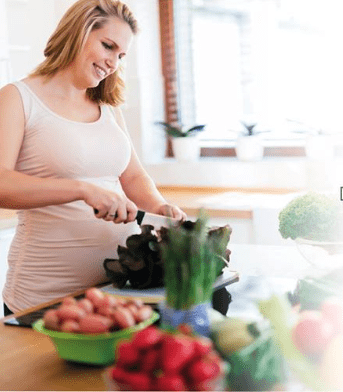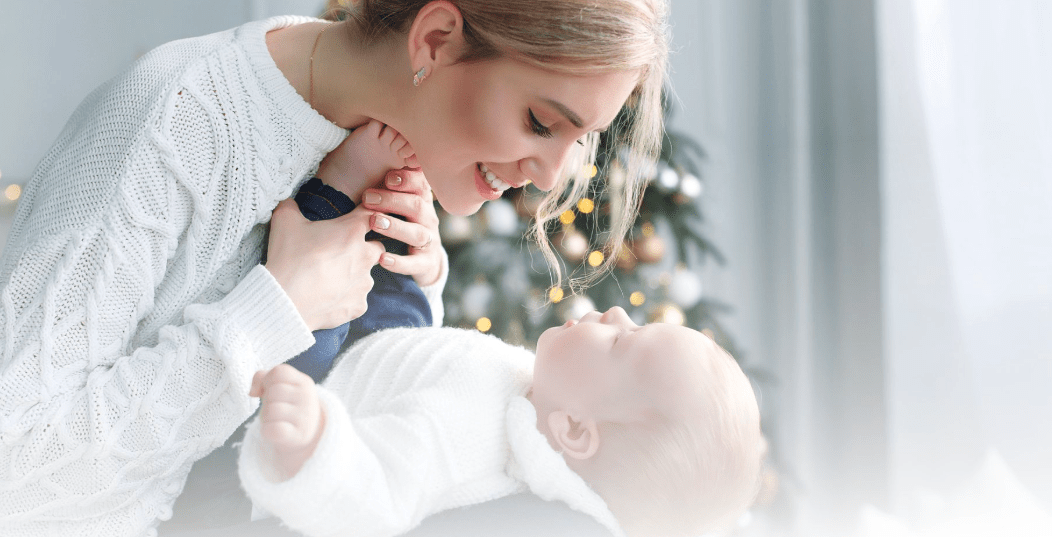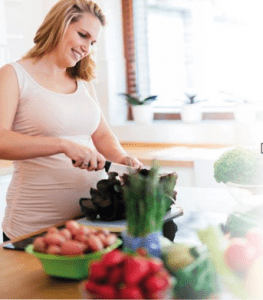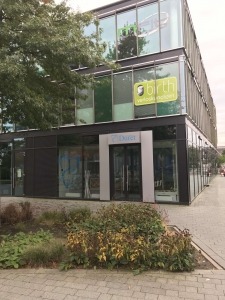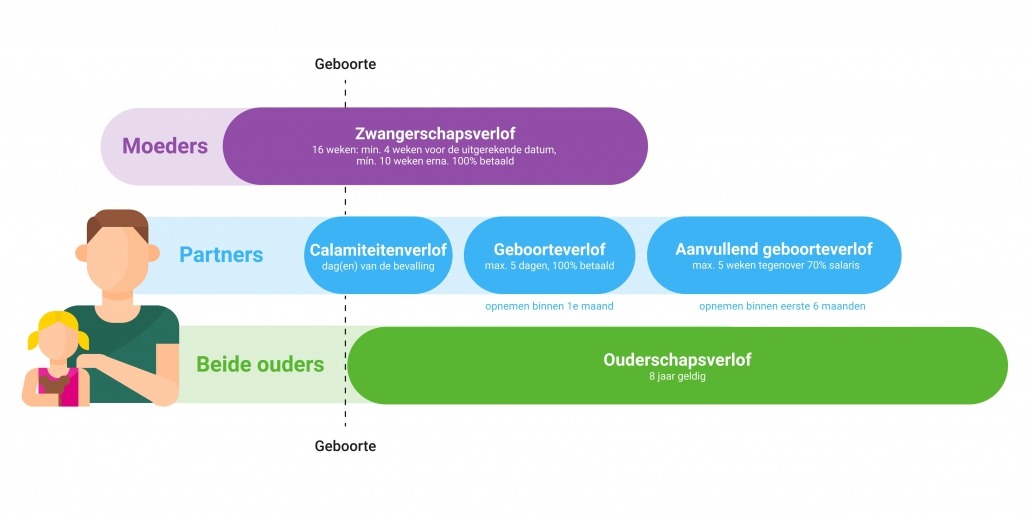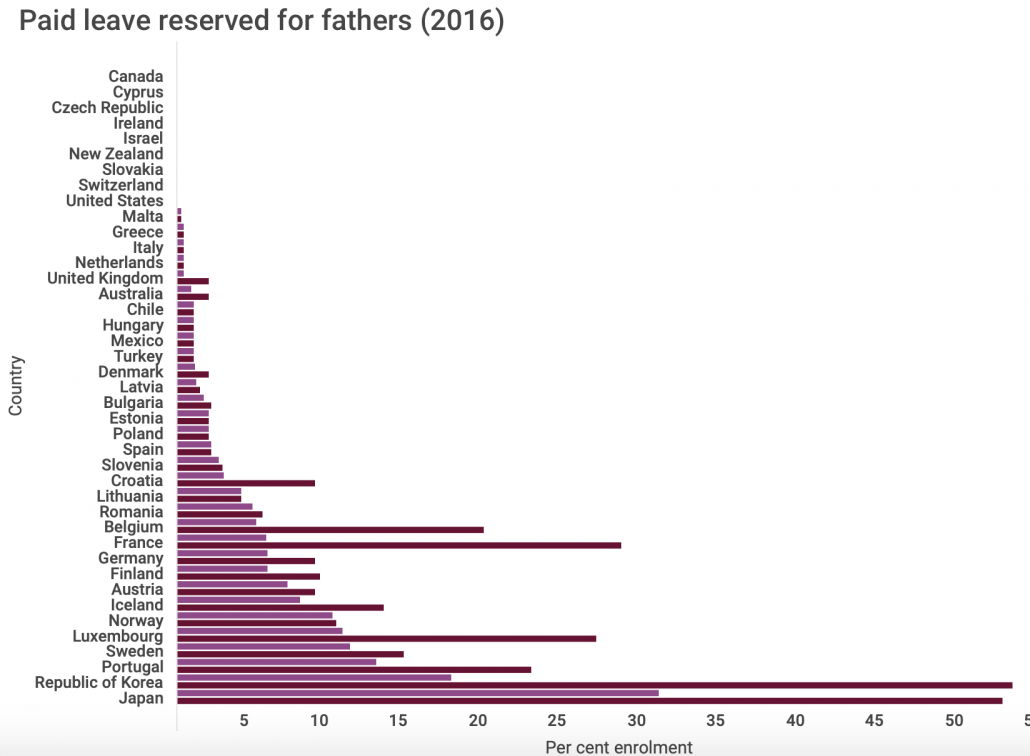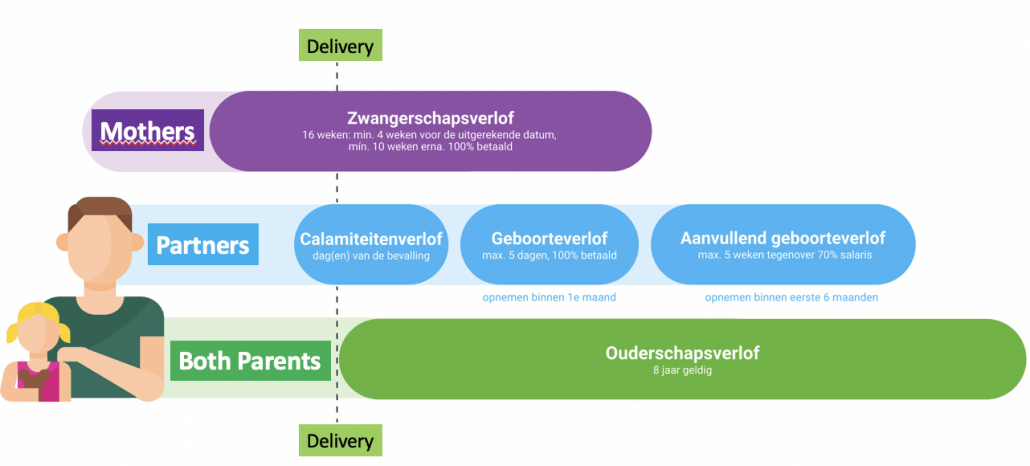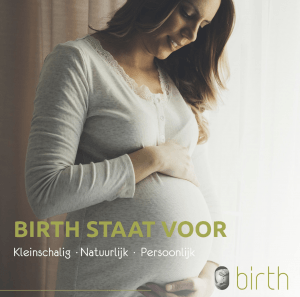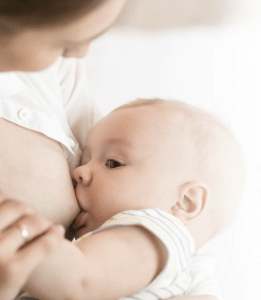Zwanger en nu? | Birth Verloskundigen Stadshagen
Verloskundige Stadshagen: Zwanger en nu?
Heb je een zwangerschapstest gedaan of ben jij in blijde verwachting van jullie (eerste) kindje en woonachtig 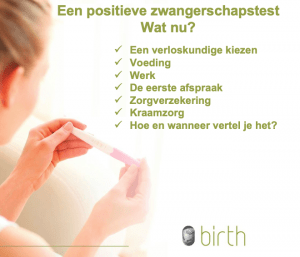
Gefeliciteerd, je bent zwanger! Er zullen veel gedachtes door je hoofd schieten over voeding, werk, wat moet ik regelen maar ook zullen er veel emoties zijn. Zwanger en wat nu? In deze blog van onze verloskundige praktijk in Zwolle Stadshagen zullen wij de onderstaande 8 nijpende vragen beantwoorden:
Top 8 vragen na een positieve zwangerschapstest
- Een positieve zwangerschapstest? En wat nu?
- Een verloskundige kiezen
- Eten en drinken tijdens je zwangerschap
- Zwangerschap en werk
- De eerste afspraak bij de verloskundige
- Zwanger en zorgverzekering
- Kraamzorg
- Hoe en wanneer vertel je het?
Een positieve zwangerschapstest
Je hebt een zwangerschapstest gedaan en de uitslag is positief. Maar wat betekent zo’n test nou eigenlijk en hoe betrouwbaar is de uitslag?
Een zwangerschapstest kan u aangeven of u zwanger bent door op een bepaald hormoon Humaan Chorion Gonadotrofine (HCG) in uw urine of bloed te controleren. Een zwangerschapstest meet het hormoon HCG en kan op basis daarvan een positieve of negatieve uitslag geven. Dat hormoon wordt normaal gesproken alleen aangemaakt tijdens de zwangerschap. Een zwangerschapstest is nooit 100% betrouwbaar. De meeste merken zwangerschapstesten geven dan ook aan dat ze 99% betrouwbaar zijn. Een erg hoog percentage. Test jij negatief, maar blijk je later toch zwanger te zijn? Dan was het gehalte HCG dus nog niet hoog genoeg toen je de test deed.
Ook als je positief test wil dat niet per definitie zeggen dat je zwanger bent, maar de kans is wel heel erg groot. De kans op een zogenoemde vals positieve zwangerschapstest is erg klein. Dit gebeurt dan ook vaak alleen maar als je net bevallen bent, als je een (vroege) miskraam hebt gehad of als je een vruchtbaarheidsbehandeling ondergaat. Als dit niet het geval is en je de zwangerschapstest hebt uitgevoerd zoals de gebruiksaanwijzing voorschrijft, dan kun je ervan uitgaan dat je zwanger bent.
Meer informatie over zwangerschapstesten kan je vinden op onze blog https://birth-verloskundigen.nl/birth-verloskundigen-stadshagen-zwangerschapstest/
Een verloskundige kiezen
Zodra je weet dat je zwanger bent, kun je het beste alvast een afspraak maken bij een verloskundige.
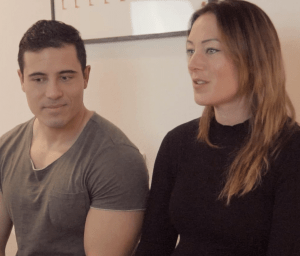
Indien je in Zwolle woont, kan een afspraak maken bij Birth Verloskundigen in Stadshagen Zwolle. Onze verloskundige praktijk is gevestigd in het cultuurhuis in het winkelcentrum in Stadshagen Zwolle.
Een verwijsbrief van de huisarts is niet nodig. Aanmelden kan telefonisch door te bellen naar 06-53132948 of via ons aanmeldformulier.
Eten en drinken tijdens je zwangerschap
Let vanaf het eerste moment dat je weet dat je zwanger bent op je voeding. Stop met alcohol, roken en drugs.
De manier waarop je leeft, eet en beweegt, heeft invloed op je baby. Het is
dus belangrijk hierop te letten. Aan het begin van de zwangerschap is het belangrijk foliumzuur (oftewel B11 of folaat) te slikken. Doe dit tot ongeveer de tiende week van je zwangerschap. Dat is namelijk erg goed voor de ontwikkeling van je baby en goed voor je immuunsysteem. Naast in speciale tabletten, zit er ook foliumzuur in (groene) groeten, volkoren producten, brood, vlees en zuivel.
Vitamine D is nodig om calcium goed op te nemen uit de voeding. Calcium zorgt voor de opbouw en instandhouding van stevige botten en dat is tijdens de zwangerschap extra belangrijk voor jou en je baby
Een uitgebreid overzicht van producten die je het beste kunt laten staan of móét laten staan tijdens je zwangerschap, vind je hier bij het Voedingscentrum.
Zwanger en werk
Zwanger? Wat moet je allemaal regelen op je werk?
Wanneer vertellen? Je bent wettelijk verplicht uiterlijk 3 weken voor ingang van je zwangerschapsverlof aan je werkgever te vertellen dat je zwanger bent.
Op controle tijdens werktijden? Je hoort de gelegenheid te krijgen op onder werktijd de verloskundige te bezoeken.
Zwangerschapsverklaring: met deze verklaring kan je werkgever een zwangerschaps-uitkering aanvragen, je kunt de verklaring aan je verloskundige vragen.
Zwangerschapsverlof: Je hebt recht op 6 weken zwangerschapsverlof voor de uitgerekende datum Je bent echter verplicht om minimaal 4 weken voor de uitgerekende datum te stoppen met werken. Het totale verlof duurt 16 weken. Je hebt ook recht op 10 weken na je bevallingsverlof, ook wanneer de baby later dan gepland geboren wordt. In totaal heeft u recht op minstens 16 weken verlof. Een deel van het bevallingsverlof mag u gespreid opnemen. Meer informatie kunt u vinden op de site van de rijksoverheid:
https://www.rijksoverheid.nl/onderwerpen/zwangerschapsverlof-en-bevallingsverlof/vraag-en-antwoord/hoe-lang-duurt-zwangerschapsverlof-en-bevallingsverlof
Maar ook partners hebben recht op verlof!
Vanaf 1 juli 2020 wordt er een aanpassing doorgevoerd in het beleid voor het geboorteverlof bij partners
In de blog die je kunt vinden via onderstaande link proberen we overzicht te geven in de huidig
e en de toekomstige regeling. Mocht je naar aanleiding van de blog nog vragen hebben dan kun je die natuurlijk altijd stellen!
https://birth-verloskundigen.nl/birth-verloskundigen-stadshagen-geboorteverlof-voor-partners
Eerste bezoek verloskundige
Ben jij in blijde verwachting van jullie (eerste) kindje en woonachtig in Zwolle of omgeving? Dan ben je van
Wij bieden kleinschalige autonome verloskundigenzorg in Stadshagen, Zwolle en omgeving. Wij begeleiden vrouwen en hun partners bij hun kinderwens, in de zwangerschap, tijdens de baring en in het kraambed. Kortom, Birth Verloskundigen is een verloskundigenpraktijk te Zwolle waar we voor jou klaar staan met passende zorg.
De eerste afspraak is de intake. Deze intake is bedoeld om kennis te maken en tijdens deze intake kan je ons vragen stellen. Ook wij zullen jullie vragen stellen over jullie gezondheid. De eerste controle bij Birth, Stadshagen vindt zo vroeg mogelijk plaats en zal ongeveer anderhalf uur duren. Wanneer? Dat hangt af wat jullie goed uitkomt, denk hierbij aan de avonduren of in het weekend.
In de zwangerschap is rond 7 weken al een echo mogelijk. Tijdens deze echo worden jullie als aanstaande ouders 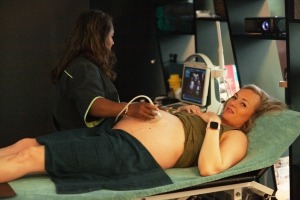
De eerste controle is rond tussen 10-12 weken, waarna op regelmatig basis controles worden ingepland. Met de KNOV zwangerschapskalender kan je per week bijhouden hoe jouw kindje groeit en zich ontwikkeld. Op de site van moedersvoormoeders kan je lezen hoe je anderen kan helpen die een kinderwens hebben maar met vruchtbaarheidsproblemen worstelen.
Heb je voor de eerste controle vragen dan kan je ons altijd bellen. Ook kan je bij niet spoedeisende vragen ons een mail sturen.
Kraamzorg
Kraamzorg na de bevalling moet je zelf aanvragen. Doe dat liefst al als je ongeveer 3 maanden zwanger bent, maar in ieder geval voordat je 20 weken zwanger bent.
Tips bij het kiezen van een kraamzorginstelling:
- Kies een kraamzorginstelling in de regio. De kraamhulp kan dan snel ter plekke zijn, mochten er complicaties zijn in de kraamperiode.
- Vraag naar ervaringen van vrienden, familie en collega’s.
- Vraag naar het beleid van de instelling. Krijg je 1 vaste kraamhulp voor de hele periode, of krijg je misschien wel 3 verschillende kraamhulpen?
- Als je gelovig bent, kan de identiteit van de instelling een rol spelen. Er zijn bijvoorbeeld ook christelijke en islamitische kraamzorginstellingen.
Birth Verloskundigen Stadshagen Zwolle werkt met diverse kraamzorg organisaties en zelfstandige kraamzorg ZZP’ers samen. Mochten onze klanten er niet uitkomen, dan kunnen wij hun helpen een passende kraamzorg te organiseren in.
Controleren zorgverzekering
Wanneer je zwanger bent heb je waarschijnlijk andere zorgbehoeften dan wanneer je niet zwanger bent. Het is raadzaam om de vergoedingen van je zorgverzekering te controleren.
Sommige zorgkosten worden altijd door je zorgverzekering betaald. Andere zorgkosten vallen onder je eigen risico of eigen bijdrage. De begeleiding van je verloskundige wordt door je basisverzekering vergoed. Verloskundige hulp bestaat onder andere uit de afspraken bij je verloskundige of gynaecoloog tijdens je zwangerschap. Ook de kosten van je verloskundige of gynaecoloog tijdens de bevalling vallen hieronder.
De Echo’s tijdens je zwangerschap worden vergoed door je basisverzekering als ze zijn aangevraagd door je verloskundige, gynaecoloog of huisarts. Dit zijn onder andere de termijnecho en de 20-wekenecho. Vanaf het eind van 2020 wordt de 13-wekenecho ook vergoed. Daarnaast worden de kosten voor een vitaliteitsecho gedekt als daar een medische indicatie voor is.
De vergoeding voor kraamzorg komt uit de basisverzekering, maar deze vergoeding wordt niet verrekend met je eigen risico. Voor kraamzorg betaal je wel een eigen bijdrage van € 4,50 per uur. Voor de eigen bijdrage kun je een aanvullende verzekering afsluiten. Check ook altijd bij je zorgverzekeraar of zij een contract hebben met het kraambureau van jouw keuze.
Wanneer en hoe vertel je het?
Voor veel toekomstige ouders is het vertellen dat zij zwanger zijn een bijzonder moment. Maar ook voor de ontvanger van de boodschap kan het heel bijzonder zijn, bijvoorbeeld…. Gefeliciteerd, je wordt oma, opa, je krijgt een zusje / broertje of oom of tante.
Tegenwoordig is het geven van een cadeau aan de ontvanger een populaire manier om de boodschap te brengen. Dat kan een echo foto zijn, een baby-item of nog creatiever. Er zijn bedrijven die zich gericht hebben op het brengen van de zwangerschapsboodschap. Zie bijvoorbeeld: https://ideefabriek.com/baby/verrassing-20-originele-manieren-om-te-vertellen-dat-je-zwanger-bent/
Veel toekomstige ouders kiezen ervoor om te wachten tot ze de termijnecho achter de rug hebben. De kans op een miskraam daalt daarna namelijk drastisch Het wachten tot je die maanden zwanger bent heeft zijn voor en nadelen.
Een aantal voordelen van wachten zijn: 80% van de miskramen gebeurt in de eerste 3 maanden. Als je iedereen hebt verteld dat je zwanger bent en vervolgens een miskraam krijgt, moet je dit ook weer aan iedereen vertellen. Als je tot de termijnecho wacht met het leuke nieuws vertellen, geeft dat jou en je partner bovendien de tijd om samen te wennen aan en te genieten van het idee dat jullie ouders worden. Daarnaast als je wacht heb je de gelegenheid om een te bedenken hoe je babyboodschap wilt brengen. Aan de andere kant, als je zwanger bent, wil je het wellicht van de daken schreeuwen, delen, stralen en vieren. De borrelavonden waarbij je alcoholische dranken nuttigt, de sushi bar kunnen niet meer, misselijkheid en als je een kinderwens hebt dat is het lastig om vragen hierover te ontkennen.
Je kunt er ook voor kiezen om de vrienden en familieleden die het dichtst bij jullie staan al vroeg over de zwangerschap te vertellen. Zo kun je niet alleen je blijdschap met ze delen, maar kun je ook bij hen terecht als het misgaat. Na een paar maanden kun je de rest van je omgeving inlichten.
Wanneer is dit het juiste moment? Die keuze maakt iedereen voor zichzelf. Er bestaat geen goed of fout hierin.
Woon jij in Zwolle en zoek je een verloskundige in Stadshagen? Bij Birth Verloskundigen zit je goed, want:
- Wij geven zorg op persoonlijke basis voor de toekomstige ouders en kind
- We zijn en blijven kleinschalig en daarmee kunnen wij de persoonlijke zorg garanderen
- We zijn professionals met een passie voor ons vak
- Wij zijn volledig transparant. Wij geven jullie inzicht in ons eigen dossier
- We stellen jou als klant centraal: wij maken samen met jou een 9 maanden-plan
- Onze spreekuur locaties zijn gevestigd in het Zwolse stadsdeel Stadshagen: Het Cultuurhuis en Park de Stadshoeve
- Wij hebben zowel avond, dag, en weekend spreekuren op één van onze locaties, op verzoek ook bij jullie thuis
- Wij zijn continue op zoek naar innovaties en verbeteringen ten behoeve van de zorg voor moeder en kind en zoeken daarbij ook naar samenwerkingsverbanden
Over Birth Verloskundigen
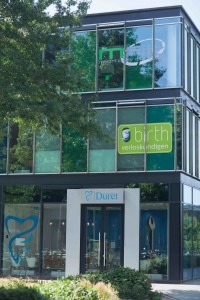
Wij bieden kleinschalige autonome verloskundige zorg in Stadshagen, Zwolle en omgeving. Wij begeleiden vrouwen en hun partners bij hun kinderwens, in de zwangerschap, tijdens de baring en in het kraambed. Kortom, Birth Verloskundigen is een verloskundigenpraktijk in Stadshagen Zwolle waar we voor jou klaar staan met passende zorg.

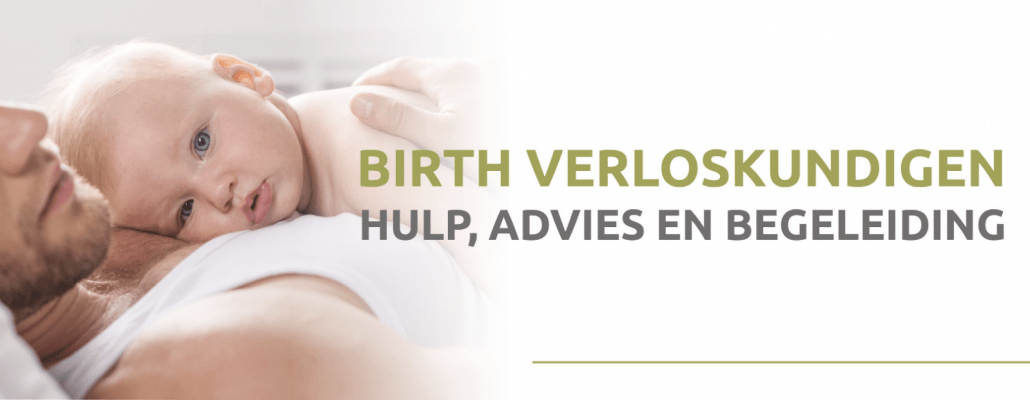
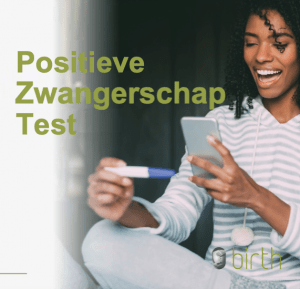
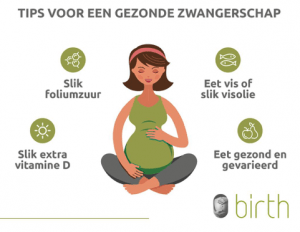
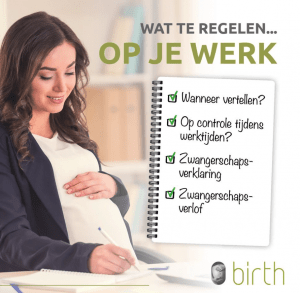
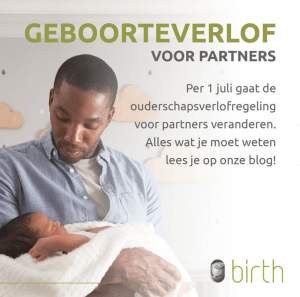
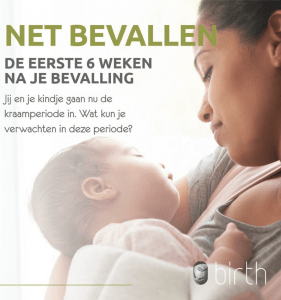

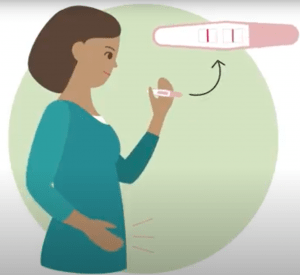 choriongonadotrofine (HCG) in uw urine of bloed te controleren.
choriongonadotrofine (HCG) in uw urine of bloed te controleren.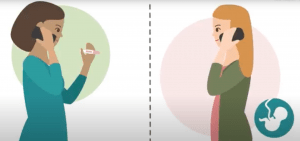 erg groot. De kans op een zogenoemde vals positieve zwangerschapstest is erg klein. Dit gebeurt dan ook vaak alleen maar als je net bevallen bent, als je een (vroege) miskraam hebt gehad of als je een vruchtbaarheidsbehandeling ondergaat. Als dit niet het geval is en je de zwangerschapstest hebt uitgevoerd zoals de gebruiksaanwijzing voorschrijft, dan kun je ervan uitgaan dat je zwanger bent. Gebruik trouwens altijd een test die niet over datum is en lees de test niet later dan aangegeven af.
erg groot. De kans op een zogenoemde vals positieve zwangerschapstest is erg klein. Dit gebeurt dan ook vaak alleen maar als je net bevallen bent, als je een (vroege) miskraam hebt gehad of als je een vruchtbaarheidsbehandeling ondergaat. Als dit niet het geval is en je de zwangerschapstest hebt uitgevoerd zoals de gebruiksaanwijzing voorschrijft, dan kun je ervan uitgaan dat je zwanger bent. Gebruik trouwens altijd een test die niet over datum is en lees de test niet later dan aangegeven af.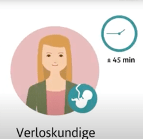 of Zwolle Neem dan contact op met Birth
of Zwolle Neem dan contact op met Birth  Ben jij in blijde verwachting van jullie (eerste) kindje en woonachtig in Zwolle of omgeving of heb je een kinderwens? Dan ben je van harte welkom bij Birth Verloskundigen Stadshagen Zwolle! Verloskundigenpraktijk Birth is een persoonlijke en kleinschalige praktijk waar jij en je partner terecht kunnen voor alles rondom een zwangerschap. Zowel voor, tijdens als na de zwangerschap kun je bij ons in de praktijk terecht voor
Ben jij in blijde verwachting van jullie (eerste) kindje en woonachtig in Zwolle of omgeving of heb je een kinderwens? Dan ben je van harte welkom bij Birth Verloskundigen Stadshagen Zwolle! Verloskundigenpraktijk Birth is een persoonlijke en kleinschalige praktijk waar jij en je partner terecht kunnen voor alles rondom een zwangerschap. Zowel voor, tijdens als na de zwangerschap kun je bij ons in de praktijk terecht voor 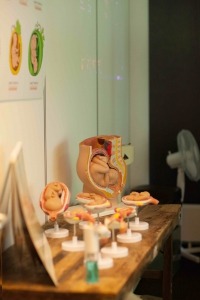
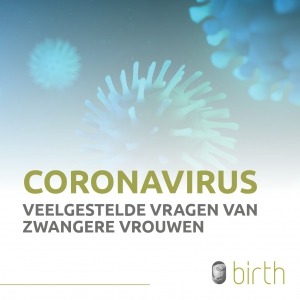
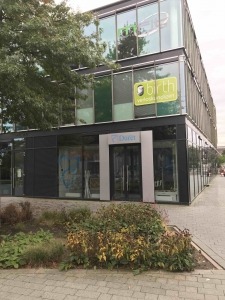
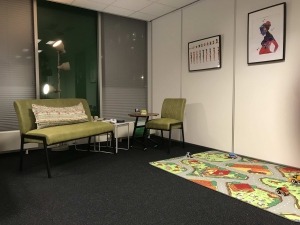
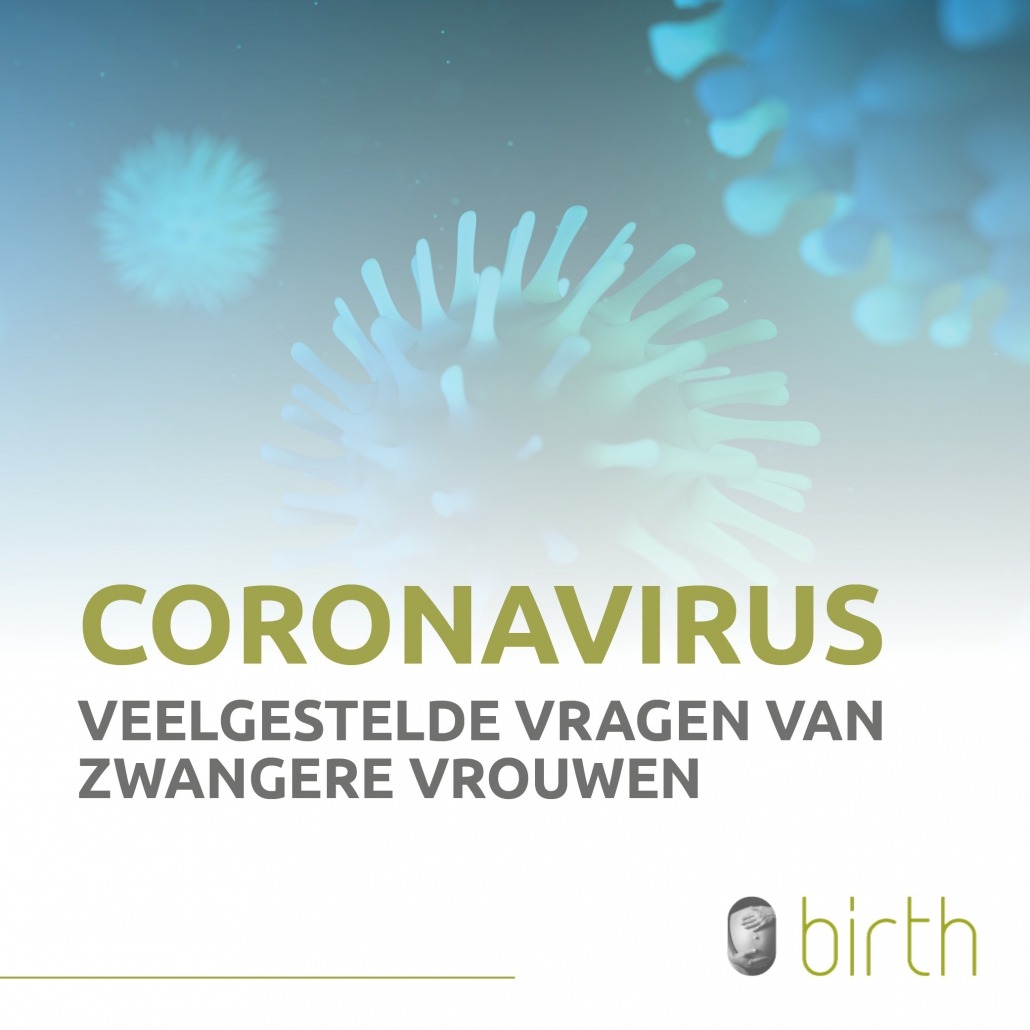

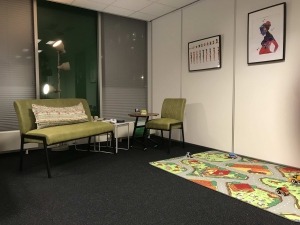

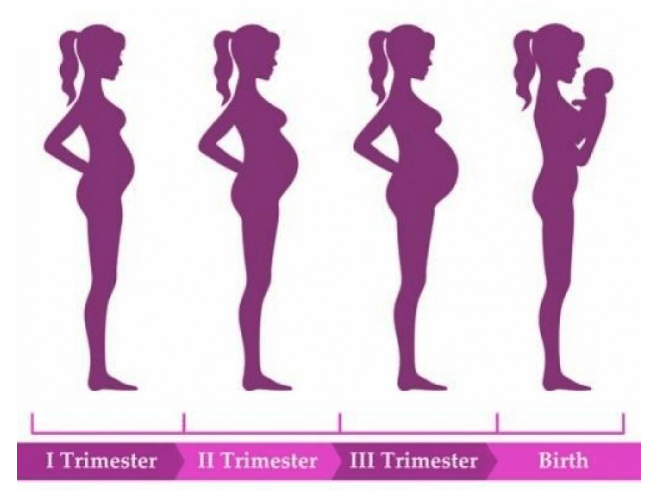



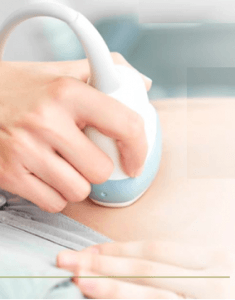 ontwikkelen:
ontwikkelen:
